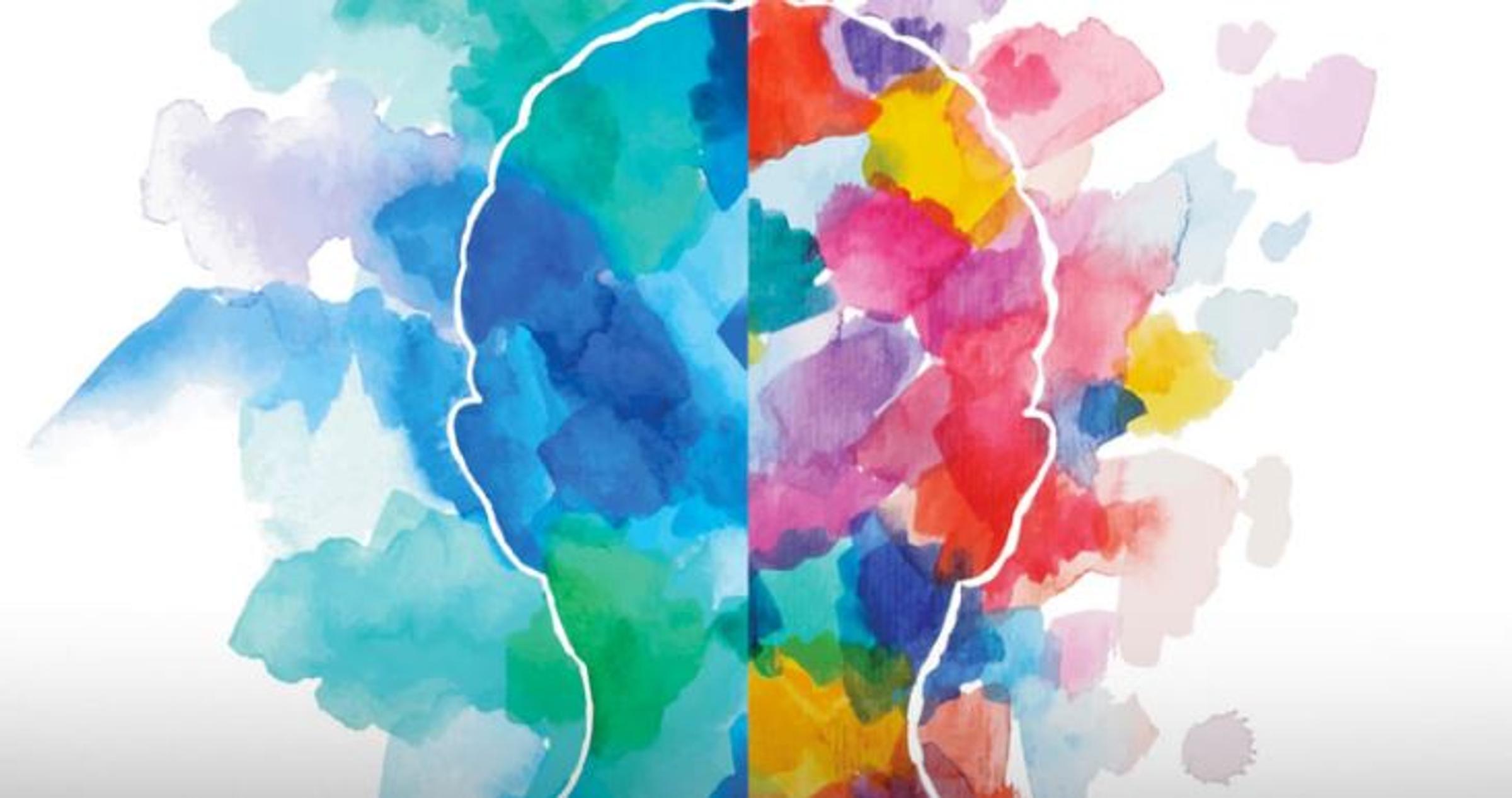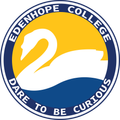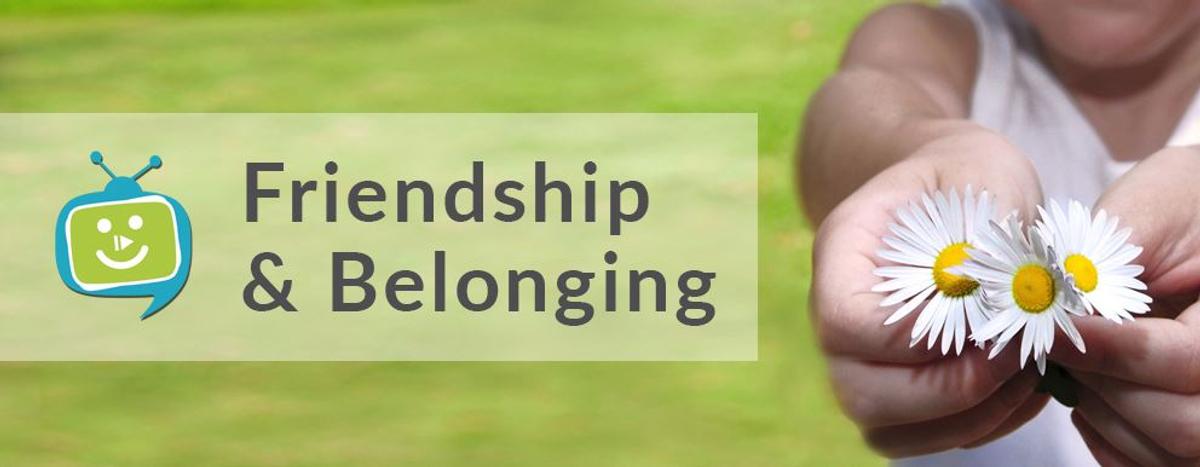Wellbeing

The most recent lockdown has been particularly hard on students. In these challenging times, it is important to encourage students to seek help if they are struggling or . If you are concerned about changes you have noticed in your student, please reach out to the Wellbeing Team, we are here to support you.
We can refer students to eHeadspace counselling services, or alternatively link them with the College Chaplain or Robyn Lyons, Social Worker at the Edenhope & District Memorial Hospital who will commence a fortnightly visit at the College soon.
Alternatively your GP, or any of the following offer mental health support;
- Beyond Blue 1300 224 636
- Lifeline 13 11 14
- Kids Helpline 1800 551 800
School TV: Special Report - Friendship and belonging
Learning how to make new friends and keep them involves a number of skills every young person needs to understand and develop. For some these skills will come very naturally, allowing them to easily move between different friendship groups, sharing their experiences and opening up to new people. For others, this can be much harder to navigate. Belonging to a group that is like-minded with similar interests is highly beneficial to a young person’s wellbeing. It gives them a sense of security, helping them feel valued which in turn builds their confidence.
Positive friendships are an important part of the journey to adulthood. Adult carers can support their child or teenager by providing guidance in the many social and emotional skills required for a healthy relationship. This will help them to obtain, retain and maintain friendships. However, not all friendship are regarded as positive. Sometimes young people develop negative or toxic friendships. Therefore it is also important for them to learn how to identify, avoid or deal with such a friendship.
In this edition of SchoolTV, adult carers can learn how to support their young person’s friendship so that they experience a sense of belonging. We hope you take time to reflect on the information offered in this month’s edition, and we always welcome your feedback.
If you do have any concerns about the wellbeing of your child, please contact the school for further information or seek medical or professional help.
Here is the link to this month's edition https://edenhope.vic.schooltv.me/newsletter/friendship-belonging
Nationally Consistent Collection of Data (NCCD)
The Nationally Consistent Collection of Date on School Students with Disability takes place every year.
The NCCD is a collection that counts:
- the number of school students receiving an adjustment or 'help' due to a disability
- the level of adjustment they are receiving to access education on the same basis as other students.
Students are counted in the NCCD if they receive ongoing adjustments at school due to disability.

